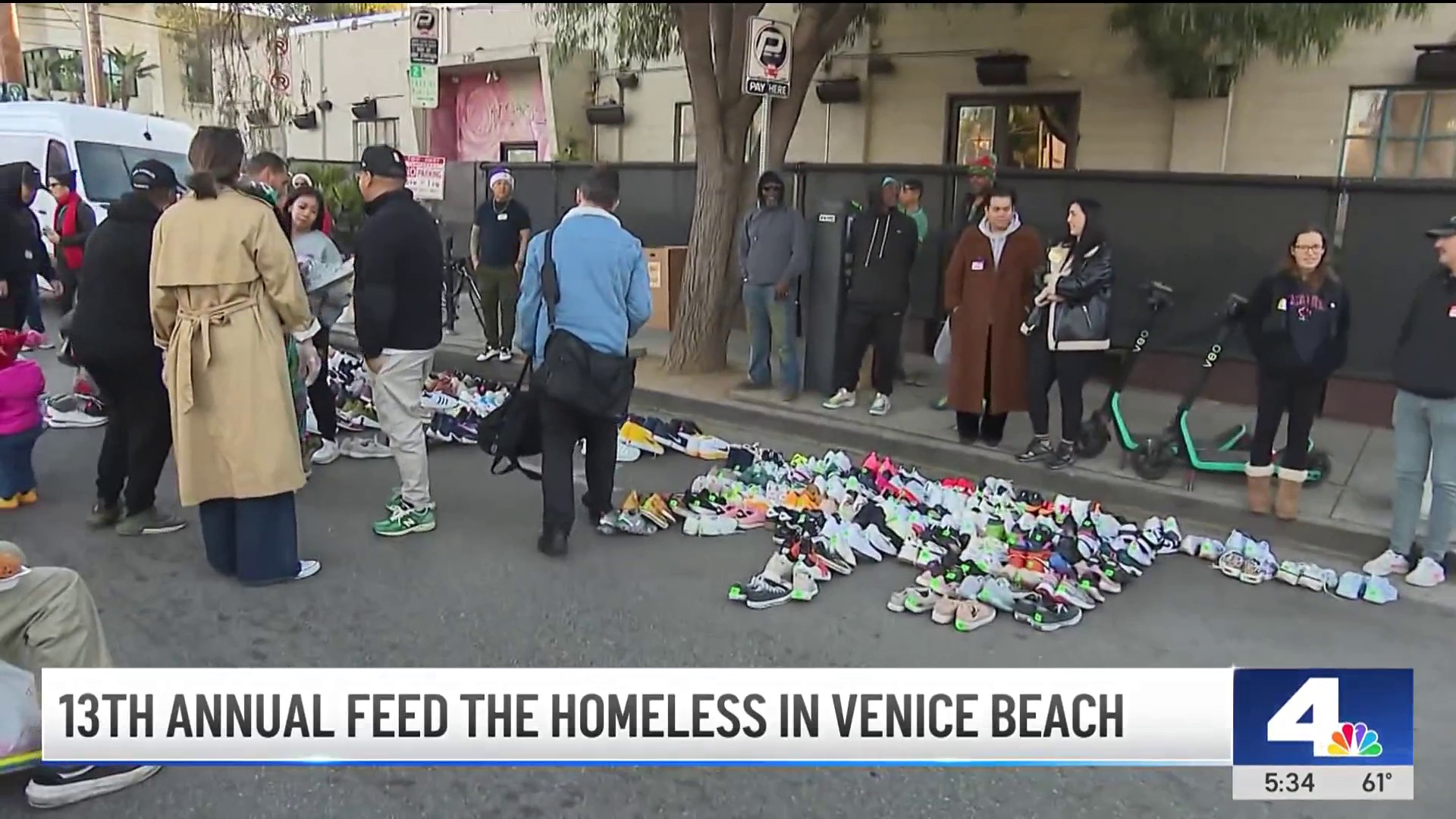For the past year residents in the Bobcat Fire area have been protected from having their fire insurance dropped, but that protection ran out over the weekend.
California's seemingly endless wildfire season has insurance companies paying out huge claims. In order to manage future risk, they've been dropping customers in high risk areas, more than 250,000 policies in 2019 alone.
"Yeah it would definitely concern me because we need it," said Mary Phillipps, of La Cañada.
That's why the state's Insurance Commissioner Ricardo Lara has been issuing one year moratoriums on insurance policy cancellations after major wildfires. The moratorium for people living in the Bobcat fire area ended on the 25th.
Get top local stories in Southern California delivered to you every morning. >Sign up for NBC LA's News Headlines newsletter.
"Yeah I guess I should be concerned," said Bob Coscarelli, also of La Cañada. "Like I say, 'I haven't gotten the bill yet.''"
David Russell, a professor of insurance & finance at Cal State Northridge, says if you're going to be in a place that's high risk, you're going to ultimately pay a price for that risk because nothing is free.
Russell says building in woodland areas combined with climate change has led to more and larger fires.
Local
Get Los Angeles's latest local news on crime, entertainment, weather, schools, COVID, cost of living and more. Here's your go-to source for today's LA news.
"In some areas, being declined for insurance is a wake up call that you need to take action," he said.
He says insurance companies need to take action as well and use satellite imagery to determine risk and rates.
"That technology could help lower the rates for homeowners who actually clear brush and create defensible space around their home. Instead of rates based on their zip code, it would be based on their individual street or home."
For those who do find themselves dropped, there is the California Fair Plan, which is what this resident chose.
The state's Fair Plan is for fire coverage only and is not as comprehensive as private insurance plans, but Russell says it's an option for those with no other way to protect their homes, which is likely their biggest asset.



